UMMC tests 15,000 for COVID-19, expands testing to other groups
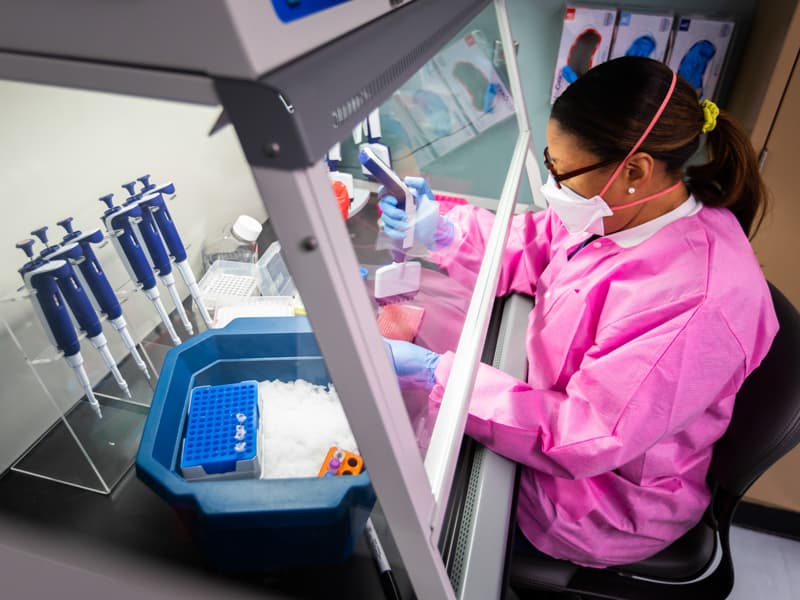
The University of Mississippi Medical Center started testing for COVID-19 on March 26, just two weeks after the Mississippi State Department of Health reported the first case. By May 18, the Medical Center had completed 10,000 in-house tests, and today, it will complete its 15,000th, thanks to the efforts of faculty and staff.
But UMMC clinical and research teams can’t slow up yet. To date, Mississippi has reported 13,731 confirmed COVID-19 cases and 652 deaths. The state will need the Medical Center’s expanded testing capabilities to help monitor and manage and ongoing pandemic.
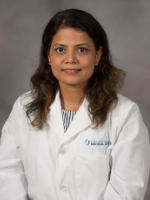
Initially, the Medical Center had the ability to run 270 diagnostic COVID-19 tests daily using one platform. Now that capacity is up to more than 1,000 with laboratories running 350 to 450 diagnostic tests per day for UMMC using three different platforms, said Dr. Sarika Jain, assistant professor of pathology and director of the molecular pathology laboratory.
“The most important difference between these tests is the turnaround time for results,” Jain said. UMMC’s initial commercial test and its laboratory developed test, which started April 14, return results in under 48 hours and make up the majority of tests done by the Medical Center. UMMC also has a third commercial testing option that can report results in about an hour. Due to strong national demand, the Medical Center has few of these tests available.
“We only make use of this test in emergency department patients or in cases where we need to answer an urgent question,” Jain said. “This helps us in appropriate triaging of cases and in situations where we need to preserve PPE [personal protective equipment].”
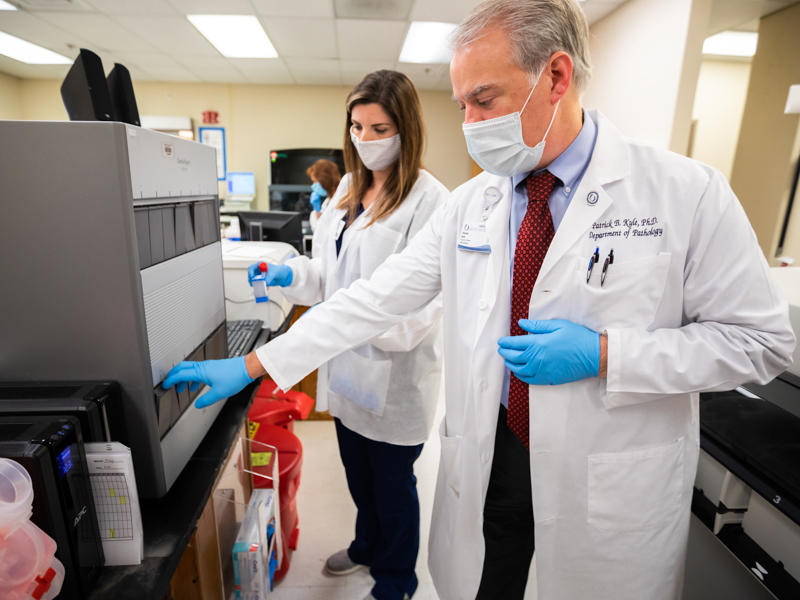
UMMC is also helping test for COVID-19 across the state. In collaboration with MSDH, the Medical Center started conducting COVID-19 testing in long-term care facilities on May 22.
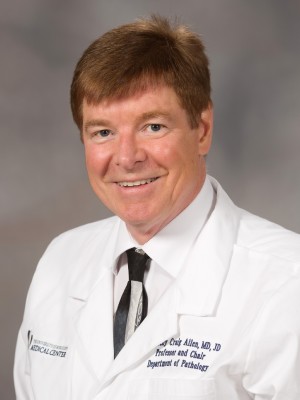
“Now that the state is reopening and emerging at some level, we need to provide assurances as quickly as possible that it is safe to do so,” said Dr. Timothy Allen, professor and chair of the Department of Pathology. “We want to get a picture of the situation in these facilities, both for their health care workers and their residents.”
Over the next couple of weeks, the Medical Center expects to complete about 800 tests daily in addition to the current output. As that testing slows down, Allen hopes UMMC will be able to work with other hospitals and industries to provide the testing they need.
“We’ve built the capacity within our department to confidently conduct this testing in a way that doesn’t interfere with our daily work,” Allen said.
UMMC is also working with a commercially-available product to start its own serology testing. This procedure, which detects if a person has specific antibodies, shows that someone has produced an immune response. This is different than diagnostic testing, which detects viral RNA and shows if someone has an active infection.
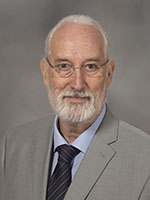
However, serology testing for COVID-19 isn’t particularly useful for testing an individual’s immunity, said Dr. Larry McDaniel, professor and chair of the Department of Microbiology and Immunology.
“We still don’t know what it means to test positive for COVID-19 antibodies in the sense that we don’t know if these antibodies neutralize or kill the virus,” McDaniel said. Generally, someone with few antibodies, or a low titer, may be less resistant to COVID-19 infection than someone with a higher titer.
Instead, serology testing “is a way to assess [COVID-19] within a population,” McDaniel said. For instance, a health department could identify a community or group of interest who may have been exposed to COVID-19, then test a subset of those people for the antibodies.
The Department of Microbiology and Immunology is also working on ways to study the effect of these antibodies on COVID-19. McDaniel, Dr. John Bates, assistant professor, and Dr. Ritesh Tandon, associate professor, are developing neutralization assays to study what concentrations of antibody may provide effective protection against COVID-19.
None of UMMC’s work would be possible without the technicians and scientists who staff laboratories 24 hours a day, seven days a week.
“We are always working to meet the needs of the institution,” Jain said, adding that the laboratories have added new positions and increased workload to manage the number of test orders.
Allen lauds his department for the “great spirit” with which they approached the challenges.
“Our team has taken on this challenge with both hands,” Allen said. “At a time when others say, “I wish I could help,’ we’re privileged to be able to do something during this crisis, and our team has thrown their backs into it.”


